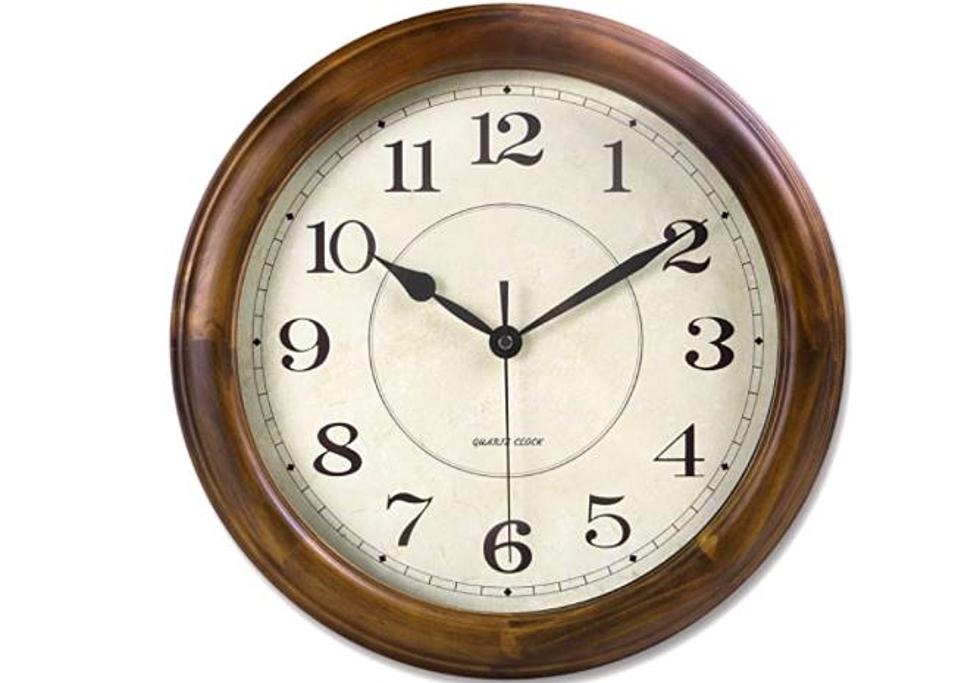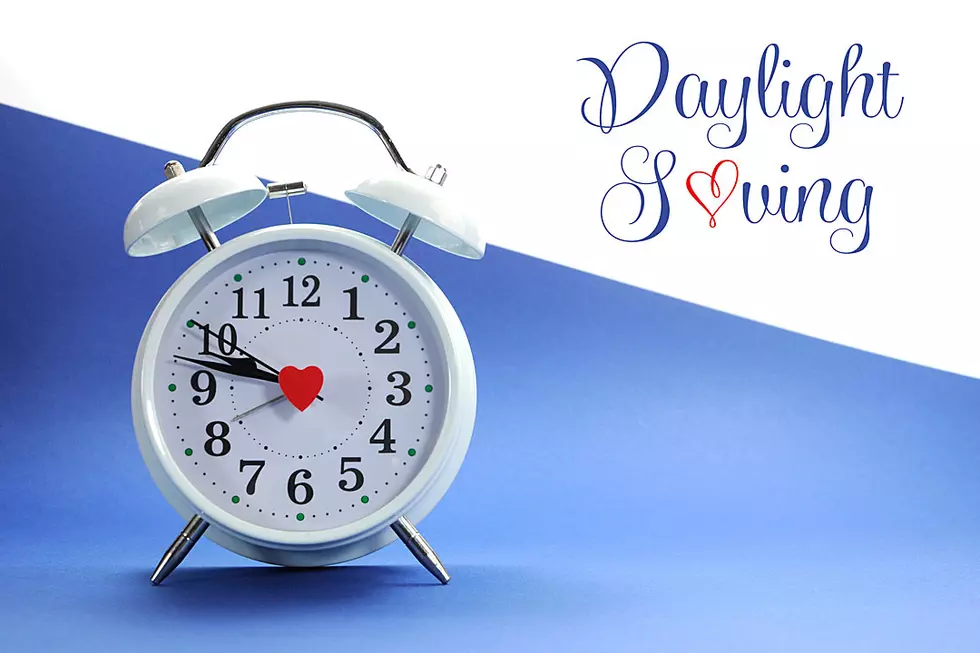
How Is Your Health Affected by Daylight Saving Time?
Daylight saving time kicks in early Sunday morning, and doctors say grogginess from the lost hour of sleep isn’t the only concern — your heart health could be at risk, too.
“The Monday and Tuesday after moving the clocks ahead … is associated with a 10 percent increase in the risk of having a heart attack,” says Martin Young, an associate professor in the cardiovascular disease division at the University of Alabama at Birmingham. “The opposite is true when falling back in October. This risk decreases by about 10 percent.”
Why does this happen? No one’s entirely sure, but experts point to sleep deprivation, which can affect the body’s immune response, as a possible reason. “Immune cells have a clock, and the immune response depends greatly on the time of day,” Young said.
Warding off the trouble could be fairly simple. Recommendations include getting up a half-hour earlier this weekend to ease your body into Monday’s transition, eating a healthy breakfast, and getting some early-morning sunlight and exercise.
“Doing all of this will help reset both the central, or master, clock in the brain that reacts to changes in light/dark cycles, and the peripheral clocks — the ones everywhere else including the one in the heart — that react to food intake and physical activity,” Young said. “This will enable your body to naturally sync with the change in the environment, which may lessen your chance of adverse health issues on Monday.”
More From 870 AM KFLD









